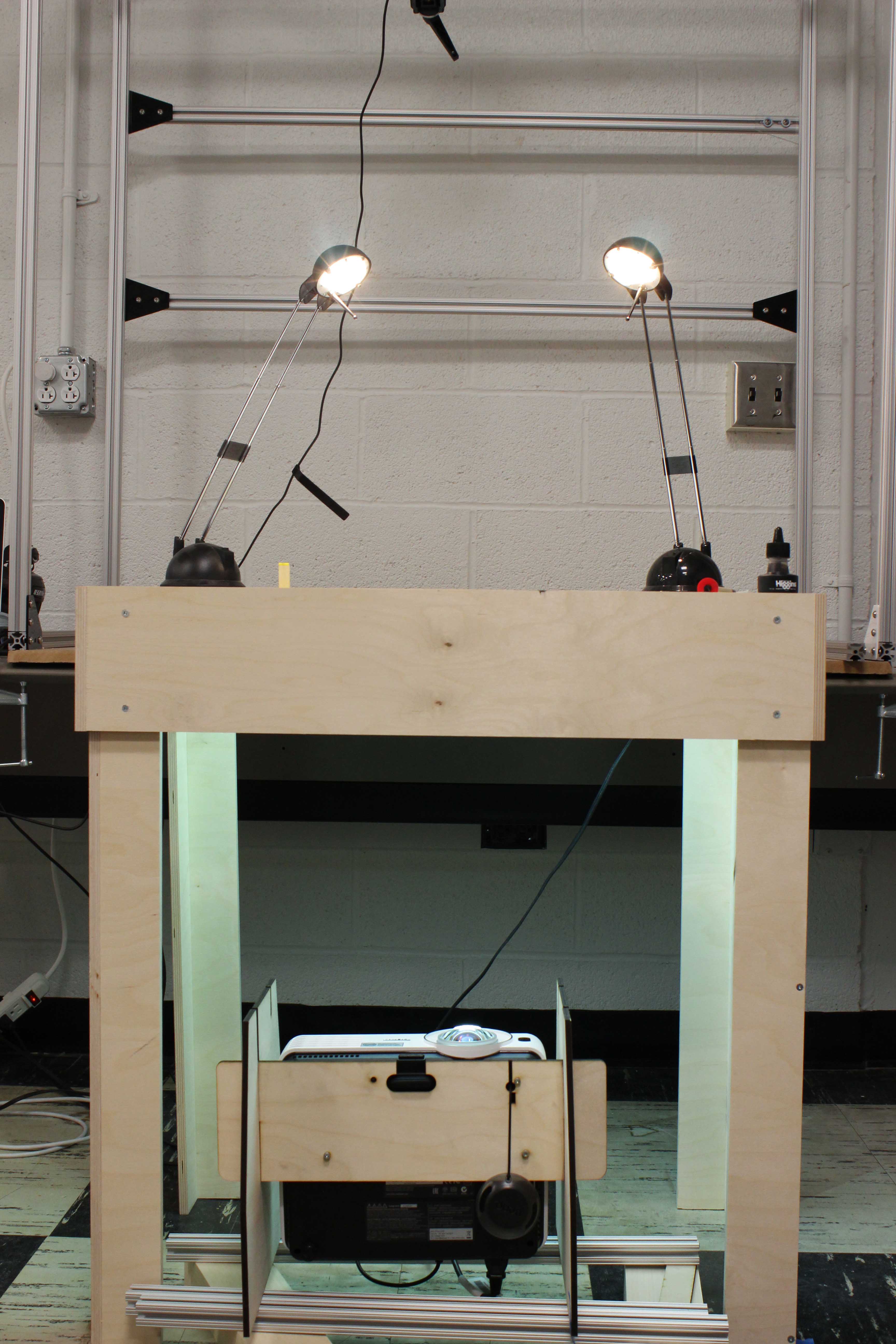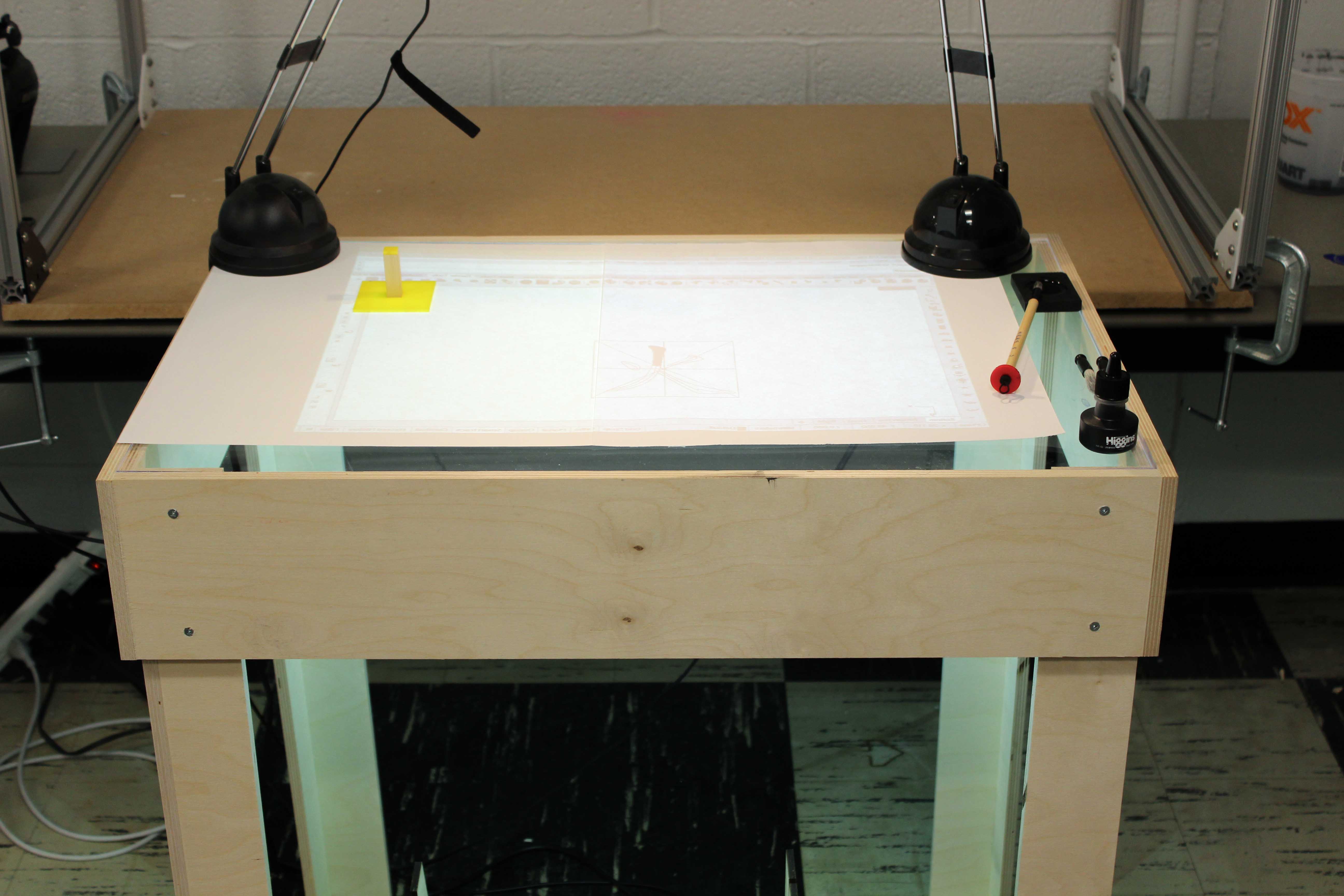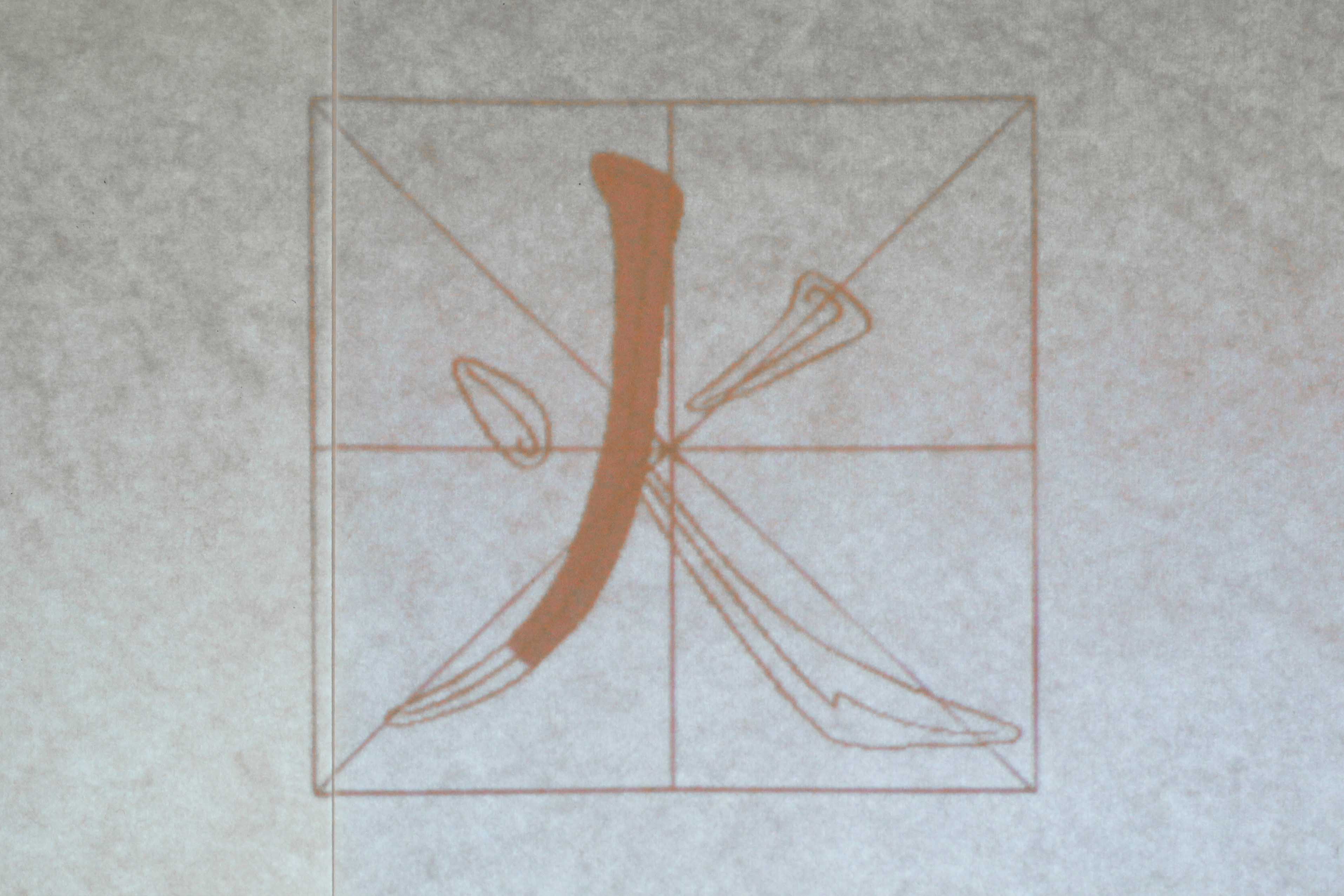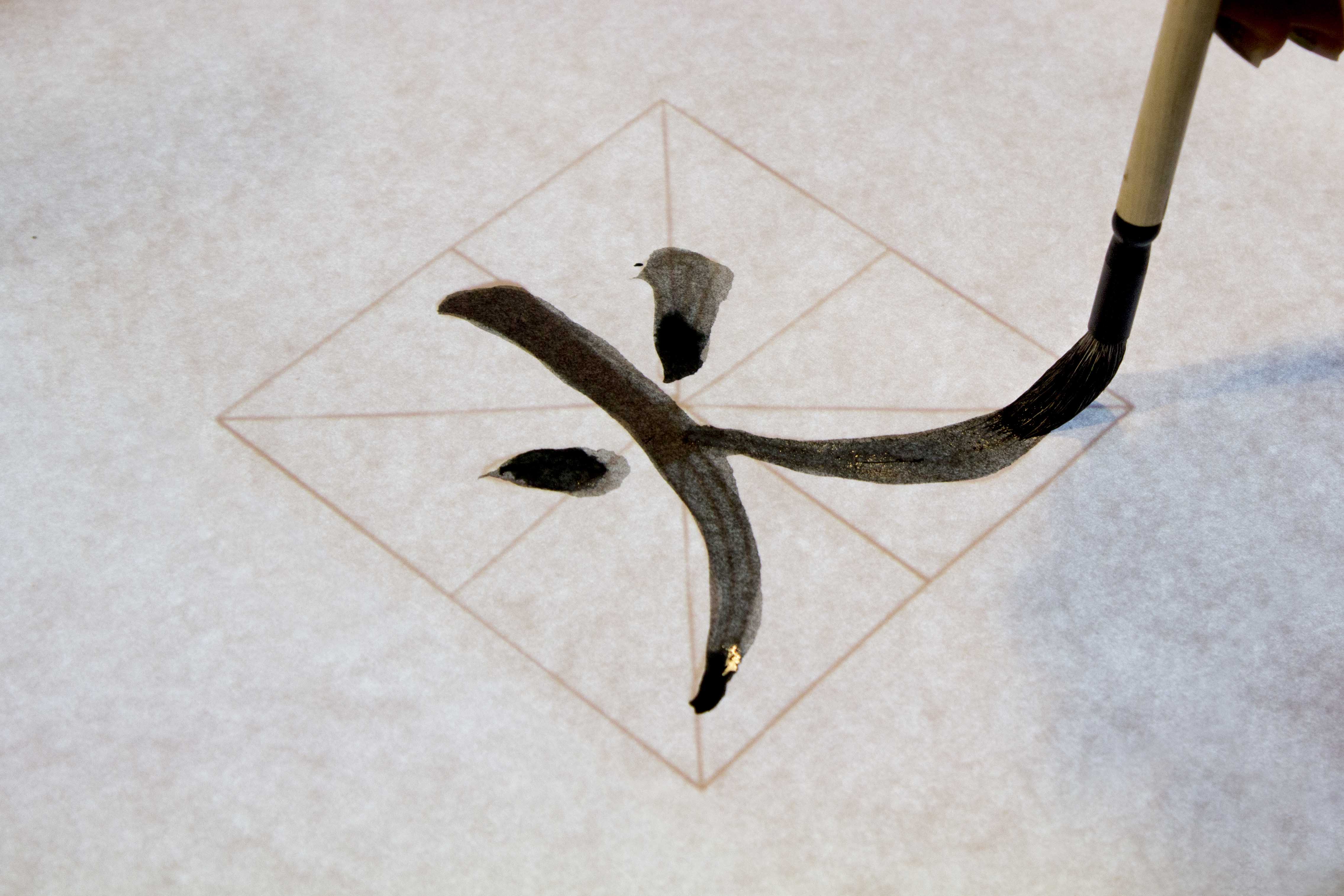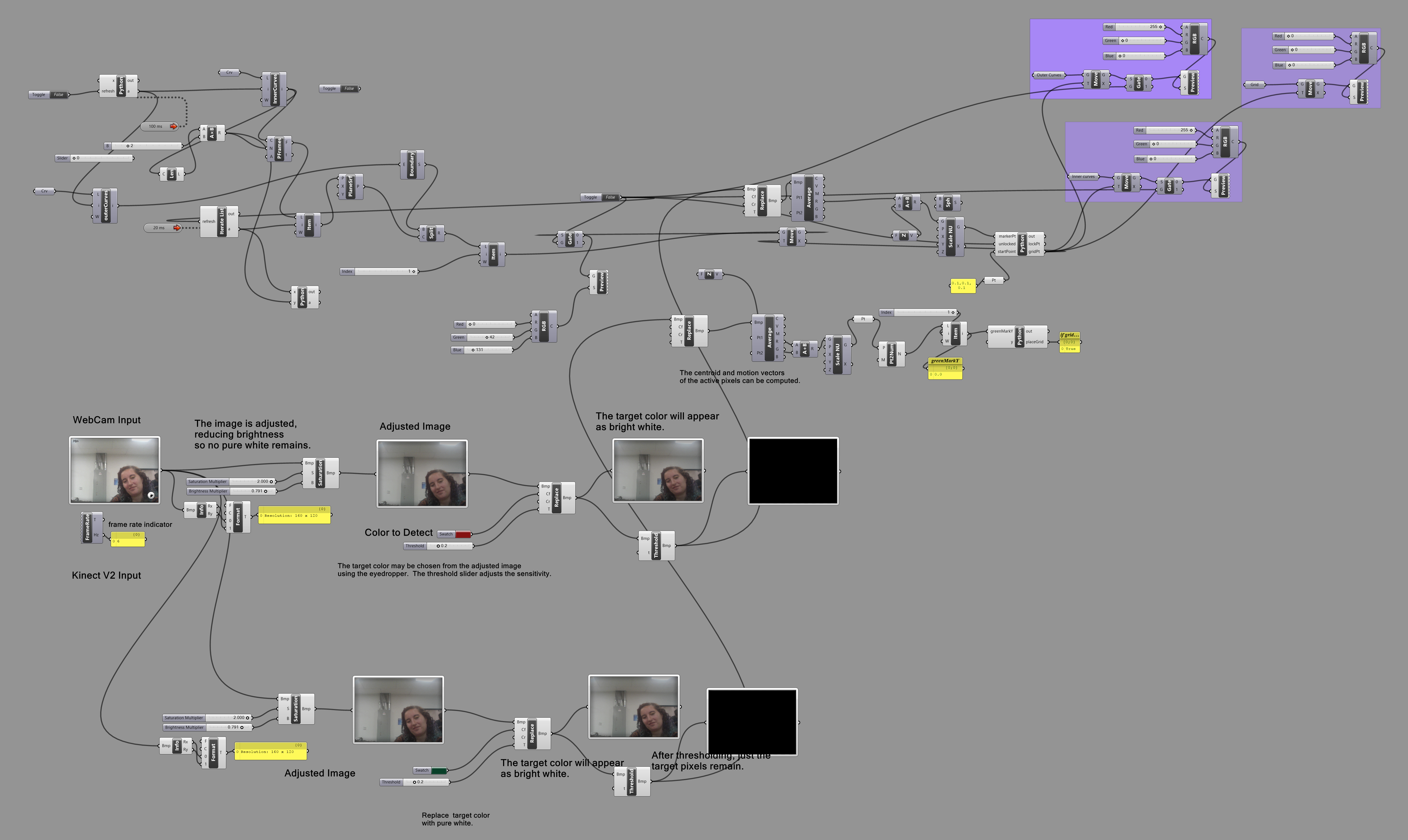We created a system in which expert skills of a Chinese calligrapher are transferred to a beginner through computer augmentation.
Created: May 6th, 2015
Share this Project
Courses
16-455 Human-Machine Virtuosity
· 0 members
Human dexterous skill embodies a wealth of physical understanding which complements computer-based design and machine fabrication. This project-oriented course explores the duality between hand and...more
About
We created a system in which expert skills of a Chinese calligrapher are transferred to a beginner through computer augmentation.
